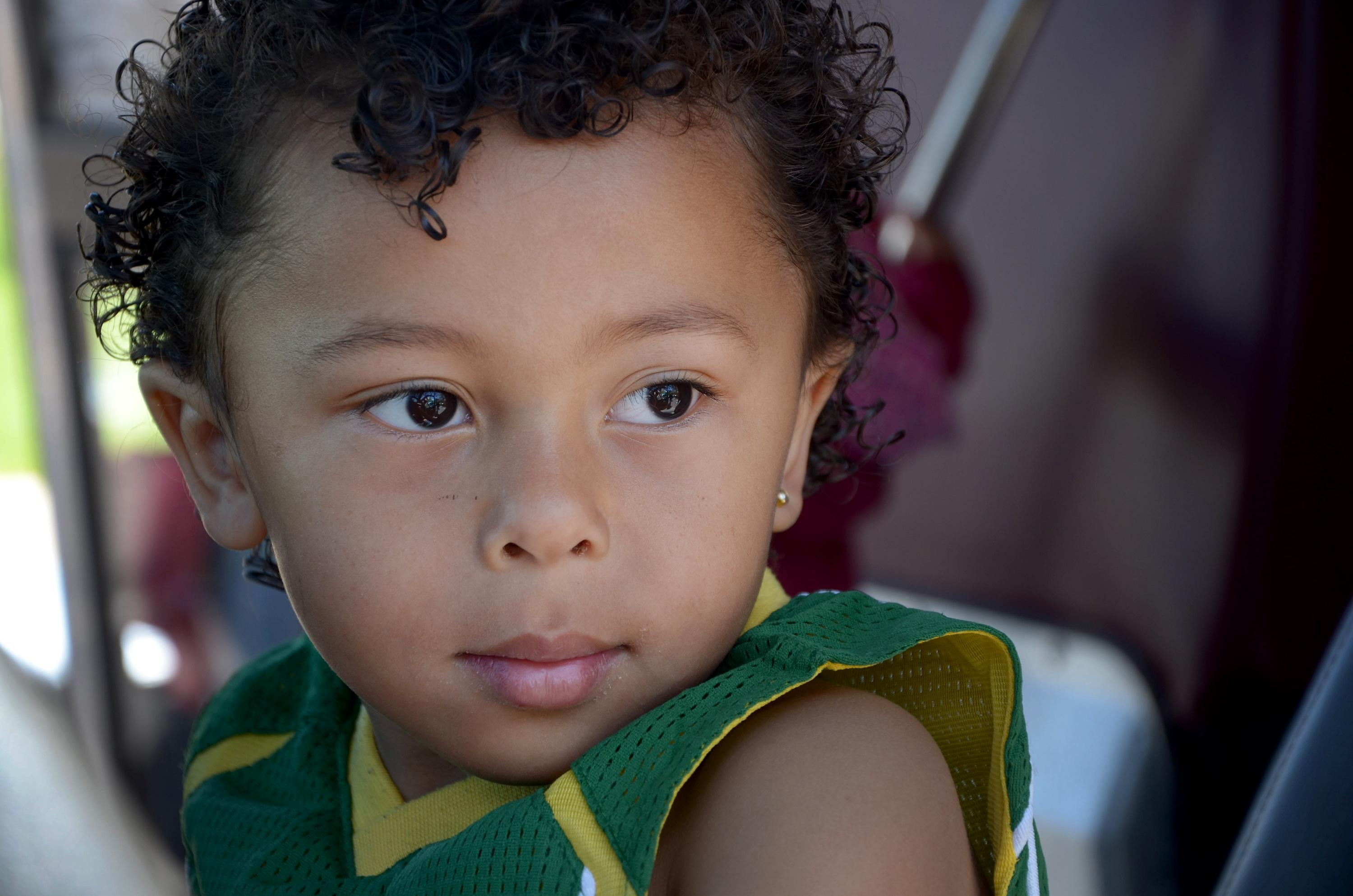

Education reporter Jenny Brundin brought us four in-depth stories on new research out of the University of Denver on how toxic stress, often linked to poverty, can affect children’s brains and their ability to learn and regulate emotions. Here they are:
How poverty changes a mother's brain and her baby's as well
Poverty-related stress can influence a new mom's emotional bond with her child, setting the stage for life.
Research shows stress can be toxic for kids who live in poverty
High doses of adversity in kids changes the way their brain responds to stress, leading to a lifetime of unwanted consequences.
A single Denver mom learns to manage toxic stress and tighten family bonds
Using the science of how exposure to trauma affects developing brains, DU researchers are studying how parents can protect their kids from toxic stress.
To Keep Focus On Learning, Montbello Teachers Try To Calm The Classroom
A growing number of educators believe that teaching social skills to reduce aggression keeps kids out of trouble and helps with academics.








